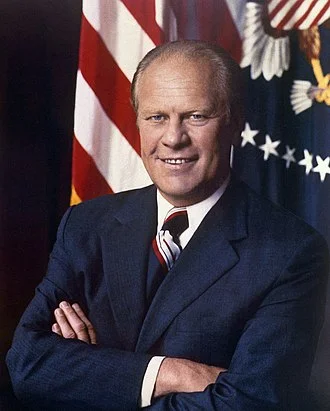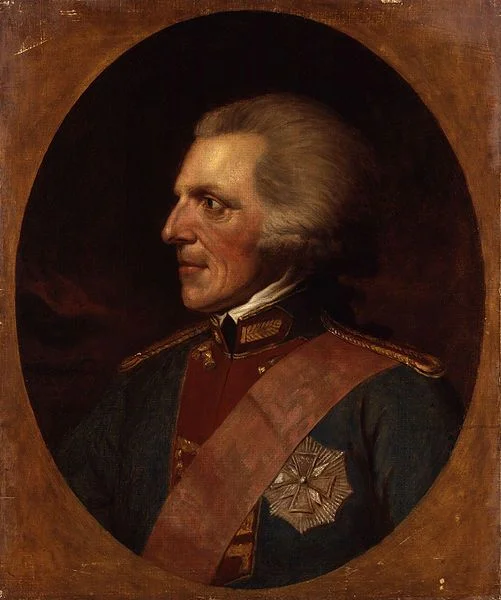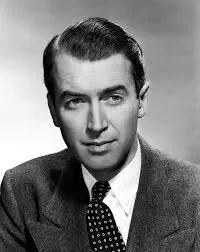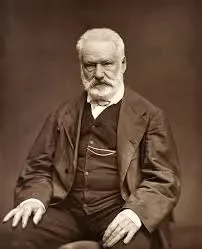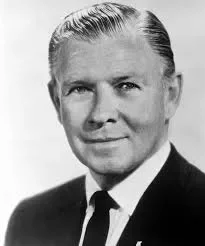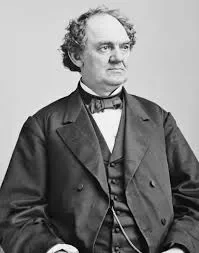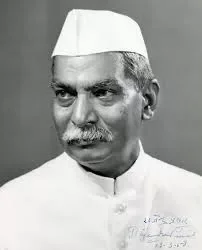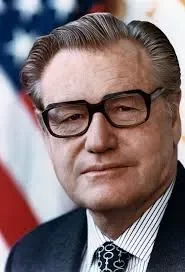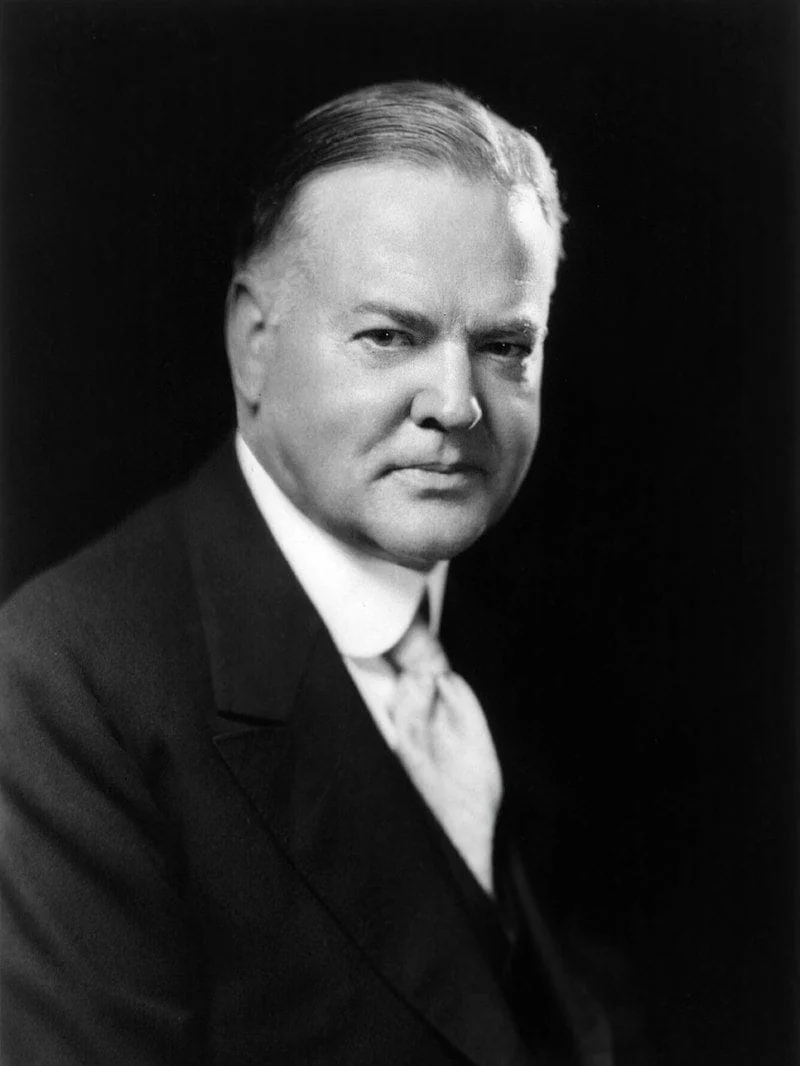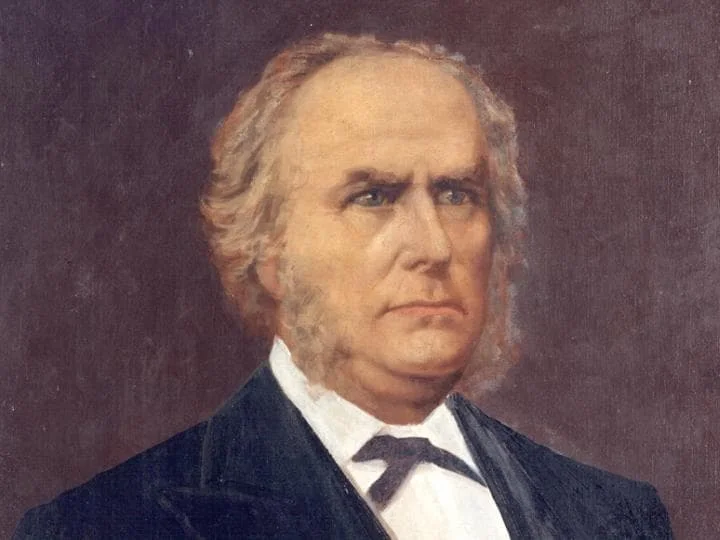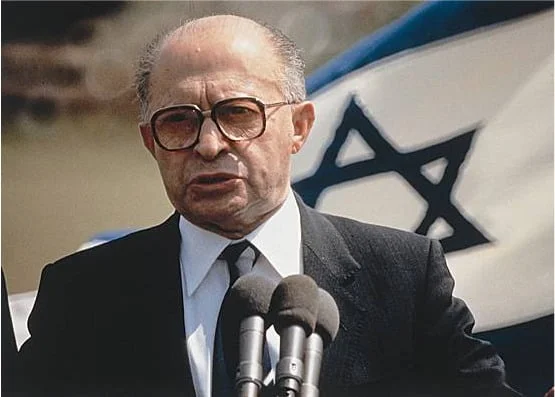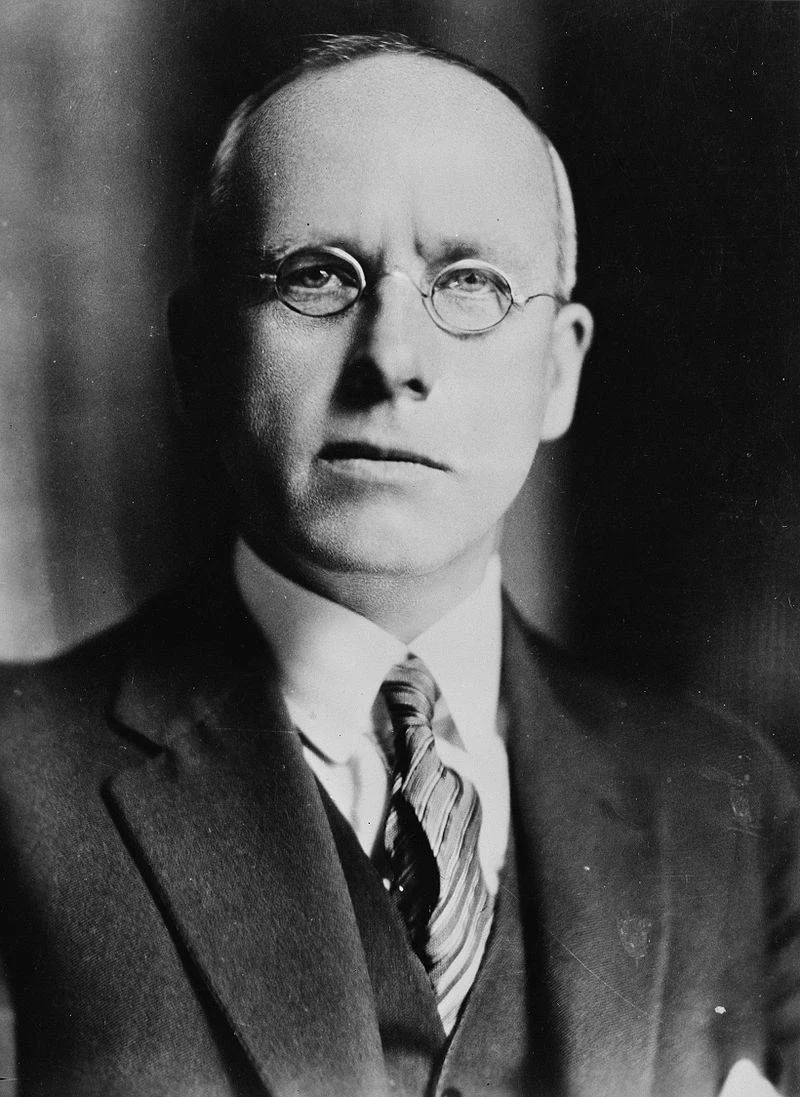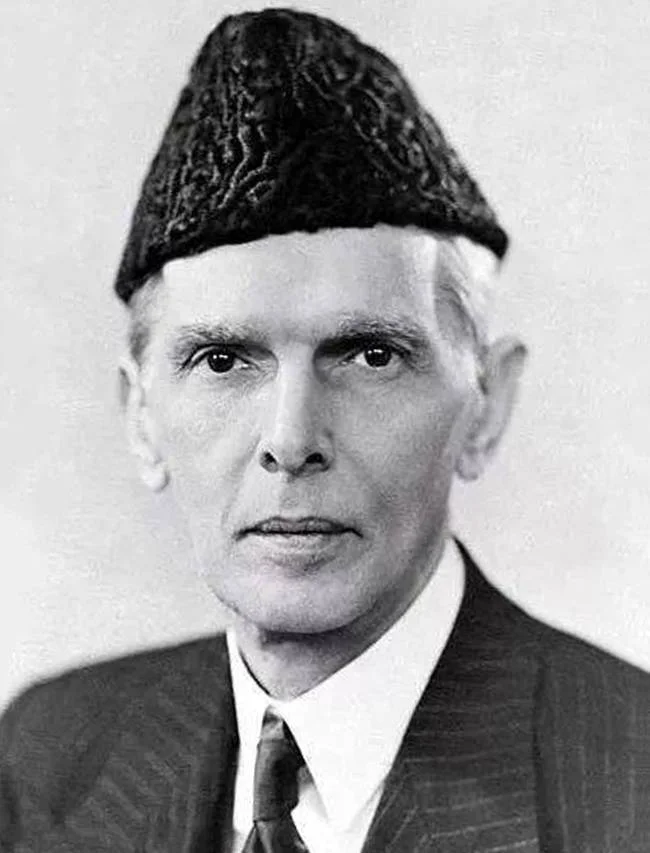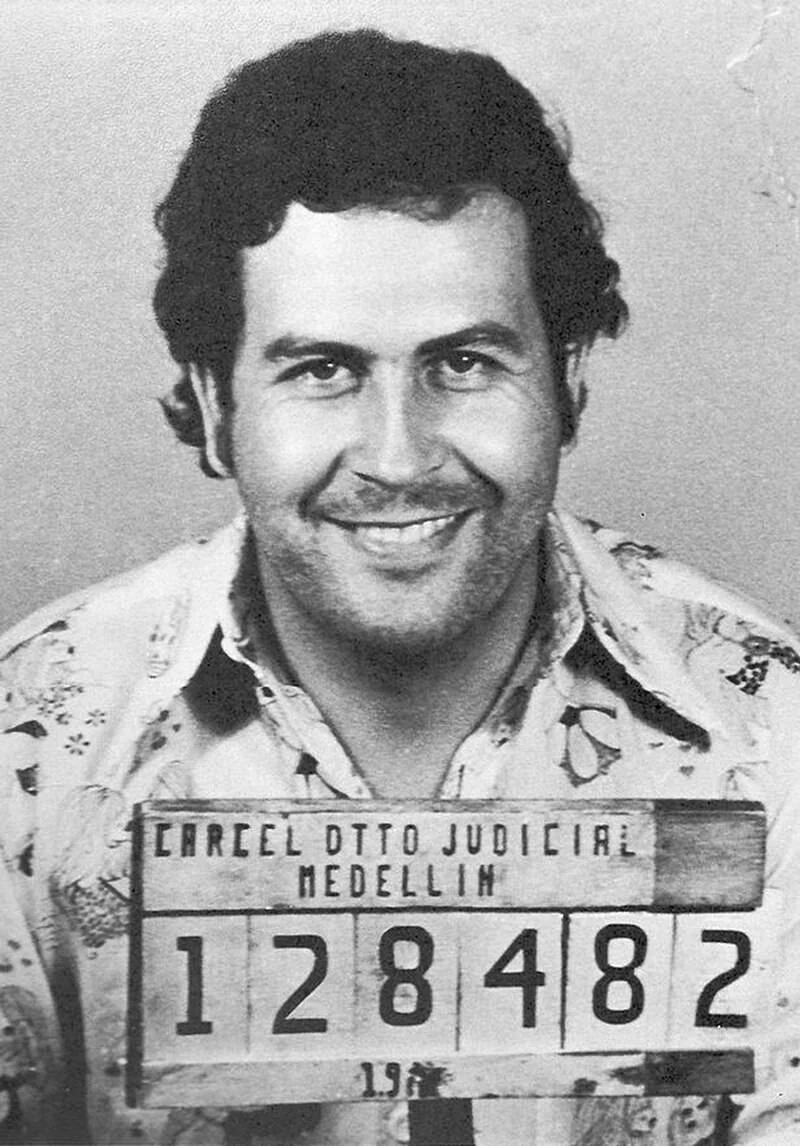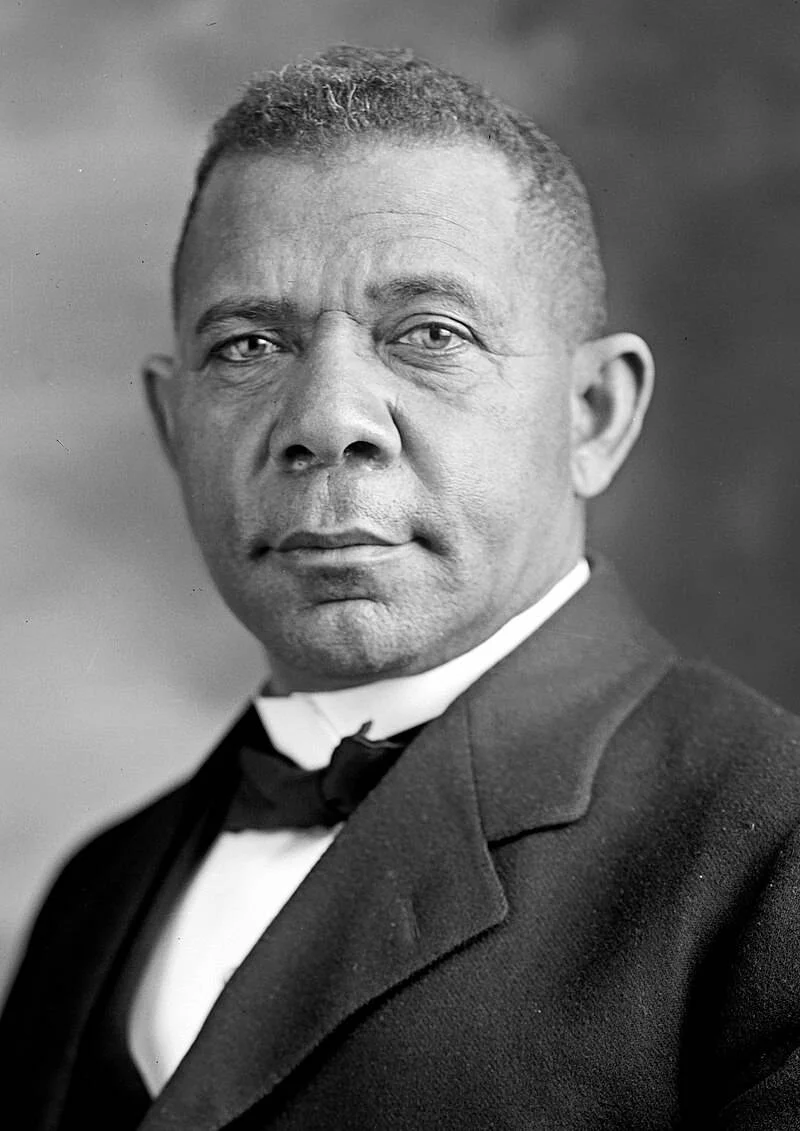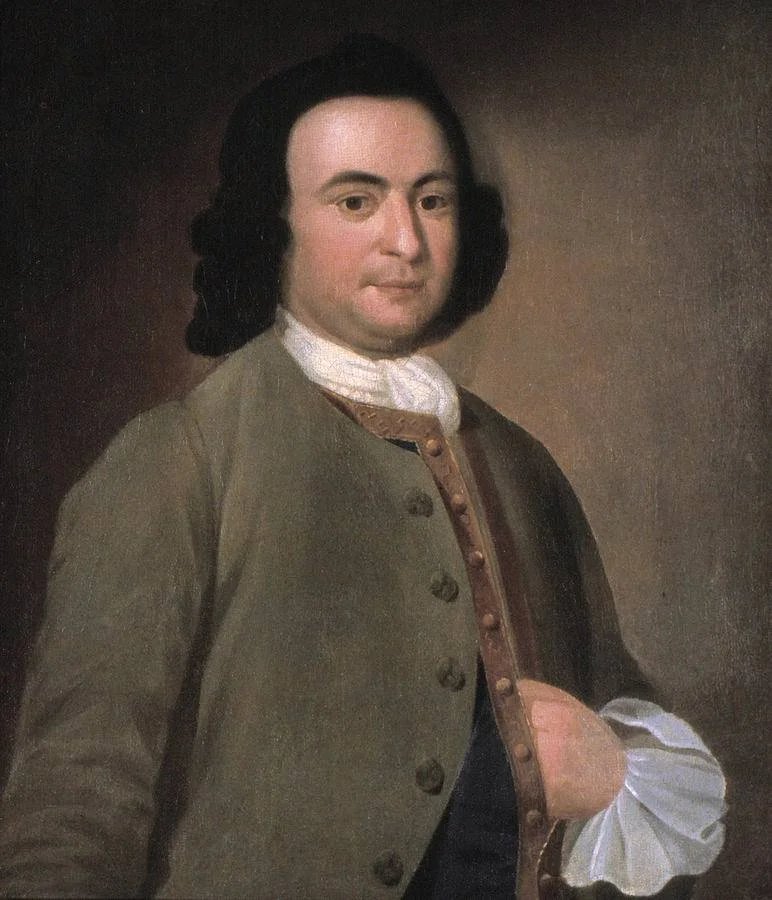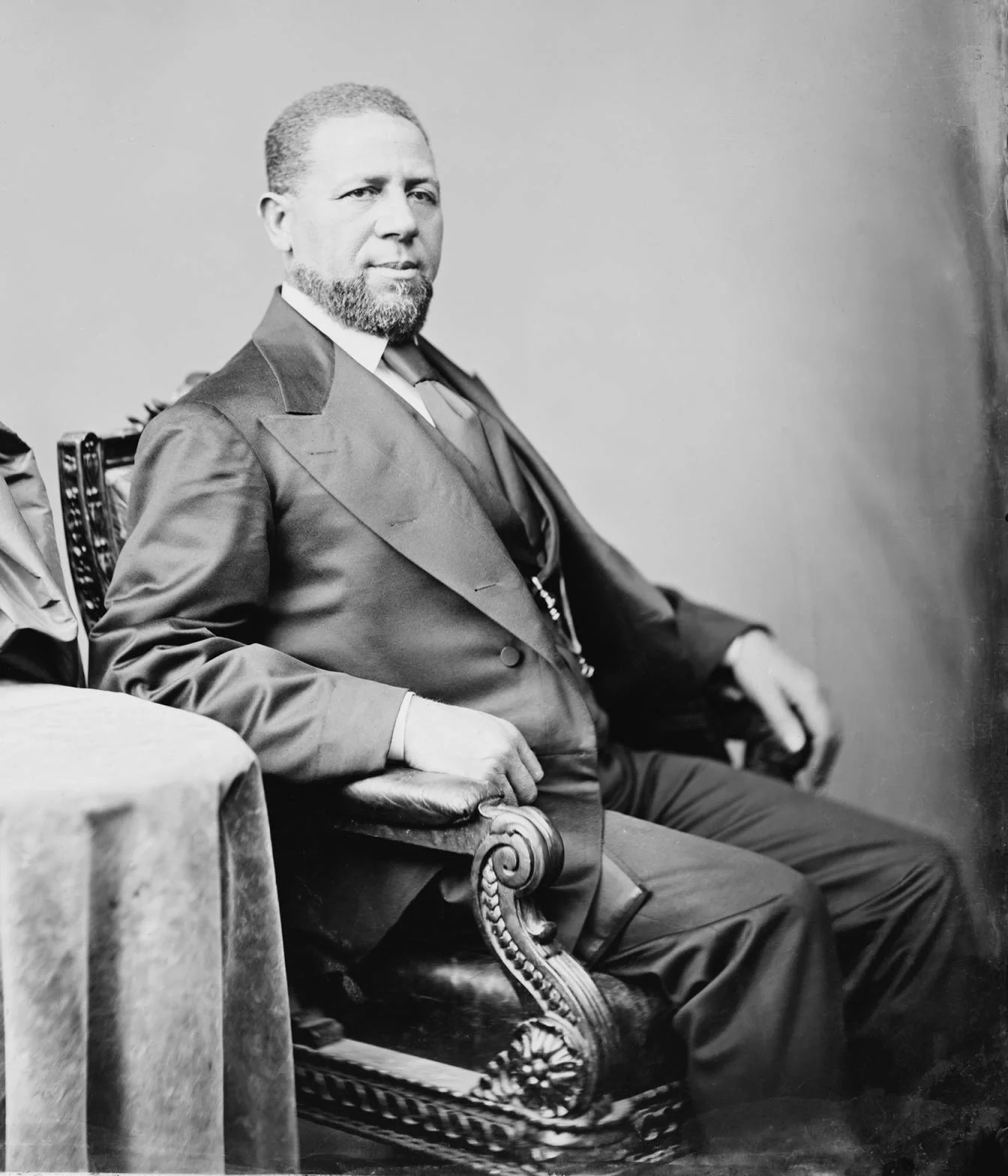Real Celebrities Never Die!
OR
Search For Past Celebrities Whose Birthday You Share
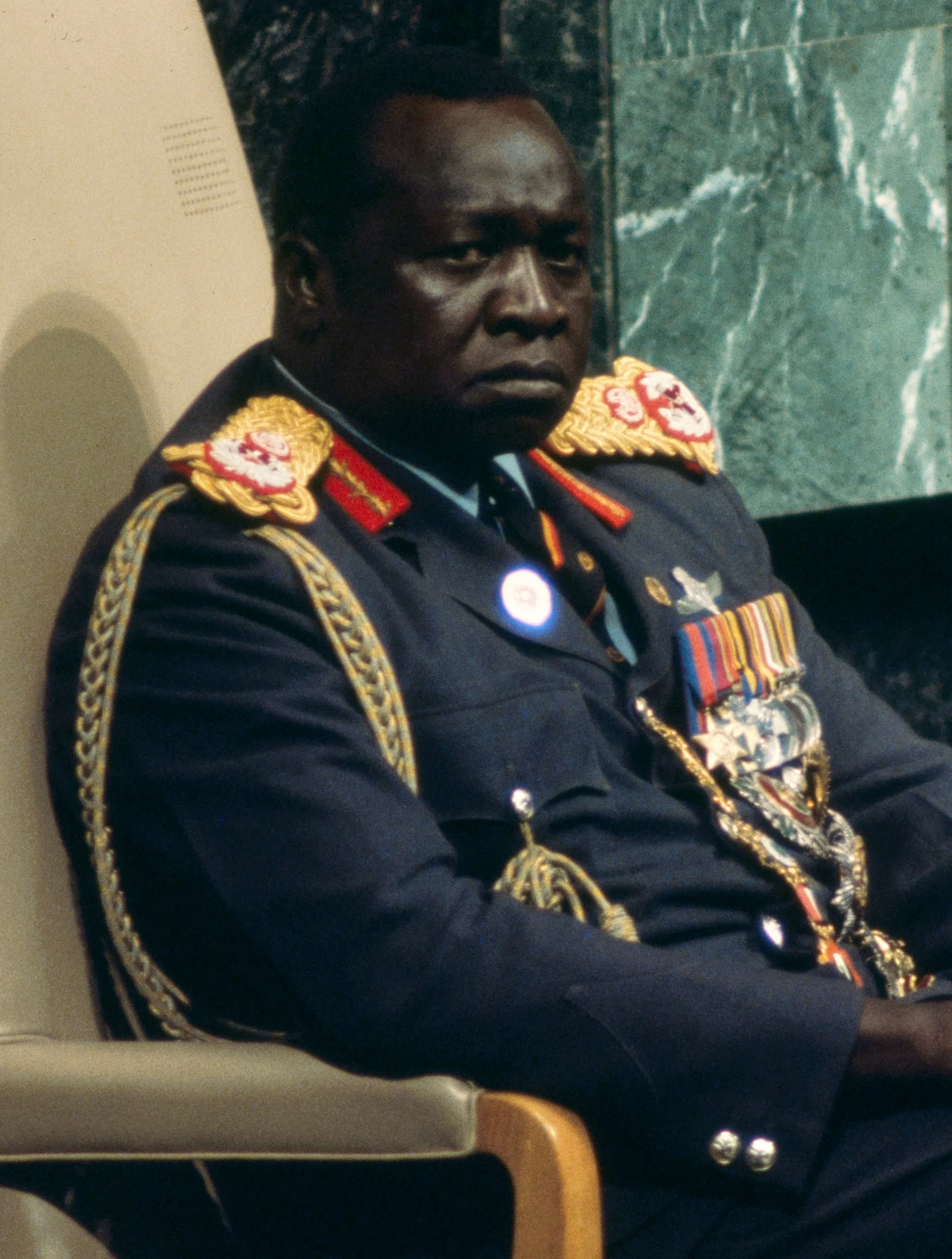
wikimedia.org
Idi Amin Dada
Birthday:
30 May, 1928
Date of Death:
06 Aug, 2003
Cause of death:
Multiple organ failure
Nationality:
Ugandan
Famous As:
Military officer
Age at the time of death:
75
Idi Awo-Ango Angoo's Quote's
Idi Amin: Early Life and Family Background
Idi Amin Dada Oumee came into the world on May 17, 1925, in Koboko, Uganda, growing up to become a military man and politician who took over as Uganda’s third president. From 1971 to 1979, he ruled with an iron fist, leaving a trail of cruelty and human rights horrors that earned him the grim title “The Butcher of Uganda.” His life’s a wild tale of ambition turned tyrannical, casting a long, dark shadow over Uganda’s past. Born into the Kakwa tribe near Koboko in northwestern Uganda, Idi’s roots were humble. His dad, Andreas Nyabira Tomuresu, was a Kakwa who’d picked up Islam after playing bugle in the British colonial army. His mom, Aisha Chumaru Aate, blended Kakwa and Lugbara blood and made a living as a traditional healer. Life was tough and poor for young Idi, with barely any schooling. Raised in the rural backcountry, he never really learned to read or write well. Growing up like that gave Amin a fierce sense of tribal pride and a knack for bouncing back. Even without book smarts, he had a natural strength and charm that would carry him far in the military.
Formative Years and Military Beginnings
At 21, in 1946, Idi Amin signed up with the King’s African Rifles, part of the British colonial army. He started out flipping pans as a cook but shot up the ranks fast, thanks to his brawn and knack for leading. During the Mau Mau Uprising in Kenya from 1952 to 1956, he stood out—mostly for his harshness toward rebels. By the time Uganda broke free from Britain in 1962, he’d climbed to lieutenant. After independence, Amin kept rising in Uganda’s military. In 1965, President Milton Obote tapped him to run the army. But things got messy between them—talk of corruption and missing cash stirred up trouble, setting the scene for Amin’s big power grab.
Personal Life
Idi Amin’s personal life was a whirlwind, just like his time in charge. He tied the knot with at least six women, including Malyamu, Kay, Nora, Madina, and Sarah Kyolaba. Drama followed him—Kay’s strange death in 1974 still raises eyebrows. He bragged about having at least 43 kids. While Uganda crumbled, Amin lived large during his presidency, building fancy palaces by Lake Victoria and splashing out on luxuries most could only dream of.
Rise to Power
On January 25, 1971, Amin pulled off a military coup while Obote was off at a Commonwealth meeting in Singapore. Naming himself president, he rode a wave of early cheers from folks tired of Obote’s heavy hand. That goodwill didn’t last—fear took over as he tightened his grip with bloodshed and threats. In 1975, he bumped himself up to field marshal and claimed the presidency for life. His rule was wild and fiercely nationalistic. In 1972, he kicked out Uganda’s Asian community, blaming them for economic woes, which tanked the country as skilled workers and shop owners left.
Brutal Regime and Impact
Amin’s reign left a body count somewhere between 100,000 and 500,000—killed off through tribal purges, political crackdowns, and torture. He went after groups like the Acholi and Langi and took out voices like Archbishop Janani Luwum. He cozied up to oddballs like Libya’s Muammar Gaddafi and Palestinian militants tied to the 1976 Entebbe hijacking. His crazy moves cut Uganda off from most of the world. By 1978, people had had enough. Tanzania’s Julius Nyerere sent troops in, and on April 11, 1979, Kampala fell to them and Ugandan exiles. Amin bolted to Libya, then landed in Saudi Arabia.
Death and Legacy
Idi Amin lived out his last days in Jeddah, Saudi Arabia. On August 16, 2003, he passed away at 78 from kidney failure in King Faisal Specialist Hospital. They buried him quietly in Ruwais Cemetery—no fuss, no crowd. Amin’s name still stirs up dread and ruin. He left Uganda broke and split apart, playing up tribal rifts for his own gain. Some see him as a warning about power gone wild; others just call him one of history’s cruelest rulers.
Name:
Idi Awo-Ango Angoo
Popular Name:
Idi Amin Dada
Gender:
Male
Cause of Death:
Multiple organ failure
Spouse:
Place of Birth:
Koboko or Kampala, Uganda
Place of Death:
Jeddah, Saudi Arabia
Occupation / Profession:
Personality Type
Consul Extraordinarily caring, social and popular people, always eager to help. He was outgoing, loyal, and practical. Amin’s charisma and ability to inspire followers align with this type of personality.
After being ousted in 1979, Amin lived in exile in Libya, Saudi Arabia, and Iraq. He died in Saudi Arabia in 2003, never facing trial for his crimes.
His regime was notorious for human rights abuses, political repression, and mass killings—an estimated 300,000 people were killed during his rule.
Idi Amin Dada seized power in a military coup in 1971 and ruled Uganda as president until 1979.
In 1972, Amin ordered the expulsion of Uganda’s Asian community (mainly of Indian descent), seizing their businesses and properties, which severely damaged the economy.
Known for his larger-than-life personality, he gave himself flamboyant titles, including “Conqueror of the British Empire” and claimed to be the uncrowned king of Scotland.
Became heavyweight boxing champion of Uganda (1951-1960).
Rose to Commander of the Ugandan Army
Self-proclaimed "Conqueror of the British Empire"
Served as Chairman of the Organisation of African Unity (1975).

